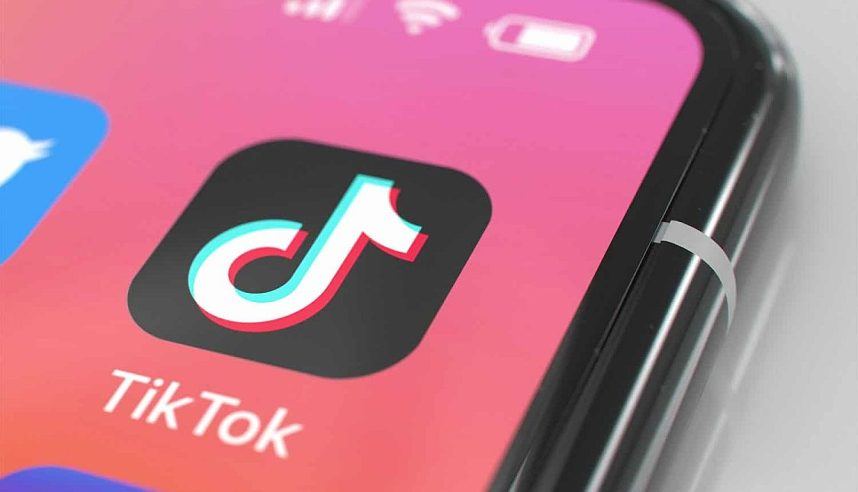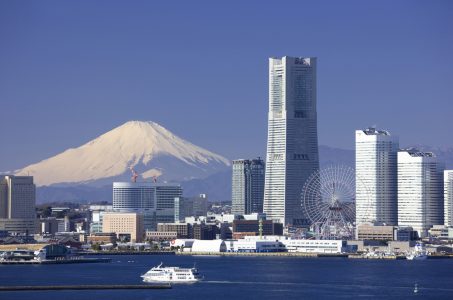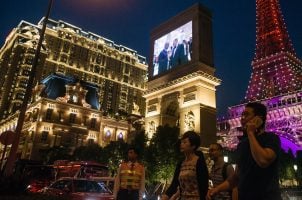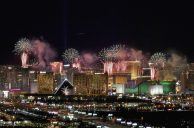Nepal Bans TikTok as Gambling, Hate Speech Disrupt ‘Social Harmony’
Posted on: November 15, 2023, 06:54h.
Last updated on: November 15, 2023, 11:40h.
In a move to preserve the nation’s “social harmony,” Nepal’s government declared a ban on using TikTok on Monday. While the government didn’t provide a specific reason for its decision, concerns regarding the presence of gambling content, hate speech, and anti-government material on the platform are likely among the reasons.

Since before January, Nepalese police have been investigating a rise in gambling and hate content on TikTok. Gambling is illegal in the country, and the social media platform offered a workaround.
The Cyber Bureau of Nepal Police reported 1,647 cases of cybercrime related to TikTok over the past four years. While other countries, like the U.S. and the UK, explore ways to corral activity on the platform, Nepal’s government decided the only course of action was to cut it off.
Knocking Down TikTok
TikTok, ranked as the third-most-popular social media platform in Nepal, has garnered the active engagement of more thsn 80% of individuals between ages 16 and 24, according to the BBC. The ban has triggered increased protests against the government, which is accused of suppressing freedom of speech.
The government’s decisive action underscores a growing global trend of nations reassessing the impact of social media platforms on societal dynamics. As Nepalese citizens navigate the implications of this ban, discussions surrounding the delicate balance between preserving social harmony and upholding individual freedoms are likely to intensify.
The ban on TikTok may serve as a catalyst for broader conversations on the regulation of digital spaces and the role of technology in shaping public discourse. The decision is already in effect and some ISPs are already blocking access to the platform.
For various reasons, including data theft, other countries have tried similar measures, although with mixed success. Indonesia and India have banned TikTok completely, while the US has tried to ban it (Montana succeeded) and the UK government has prohibited its installation on government-issued devices.
While much of the world tries to limit its reach, TikTok has found support in Australia. Despite the country’s crackdown on gambling and gambling advertising, the platform has almost free reign to provide gambling ads.
The government’s decisive actions have ignited a discourse on the balance between safeguarding social harmony and preserving freedom of expression. Critics argue that the ban on TikTok and stringent social media directives may stifle open dialogue and dissent. However, the government is intent on not backing down.
Social Media Under Fire
The TikTok ban follows the recent directive targeting all social media companies. Facebook, X (formerly Twitter), TikTok and YouTube, and any others that join the club, must establish a physical presence within Nepal.
The Directives on the Operation of Social Networking 2023, approved by the Cabinet last Thursday, compels these companies to either set up an office or designate a focal person in Nepal within three months of the directive’s enforcement. Additionally, social media platforms must register with the Ministry of Information and Communication Technology, risking shutdown for noncompliance.
Provisions within the directives discourage the creation of fake IDs on social media. They also include strict prohibitions against sharing or commenting through such fraudulent profiles.
The regulatory framework extends its reach to prohibit posts promoting illicit activities such as child labor and human trafficking. Language that fosters hate speech or defamation is strictly banned. Manipulating images, photographing private affairs without consent, and their unauthorized publication is off-limits as well.
Furthermore, the directives explicitly forbid the use of explicit language, images, videos, audio, or animations promoting pedophilia, sexual exploitation, and prostitution. The restrictions also cover the narcotics trade, gambling, the dissemination of fake news, distorted information, cyberbullying, and content related to terrorism. Enforcing the new directives, however, is going to prove challenging.
Related News Articles
Sands Sees Up to $5B Spend in New York, Eyes Thailand
Genting Not Rethinking Decision to Scrap Japan Plans
Las Vegas Sands Reinstates Dividend, Tops Q2 Forecasts
Las Vegas Sands Beats Q3 Revenue Estimates, Approves $2 Billion Buyback
Most Popular
LOST VEGAS: ‘Tony The Ant’ Spilotro’s Circus Circus Gift Shop
Casinos That Were Never Casinos
Most Commented
-
End of the Line for Las Vegas Monorail
— April 5, 2024 — 90 Comments -
Cracks Emerging on Las Vegas Strip Says Analyst
— April 30, 2024 — 14 Comments -
Mega Millions Reportedly Mulling Substantial Ticket Price Increase
— April 16, 2024 — 9 Comments
















No comments yet